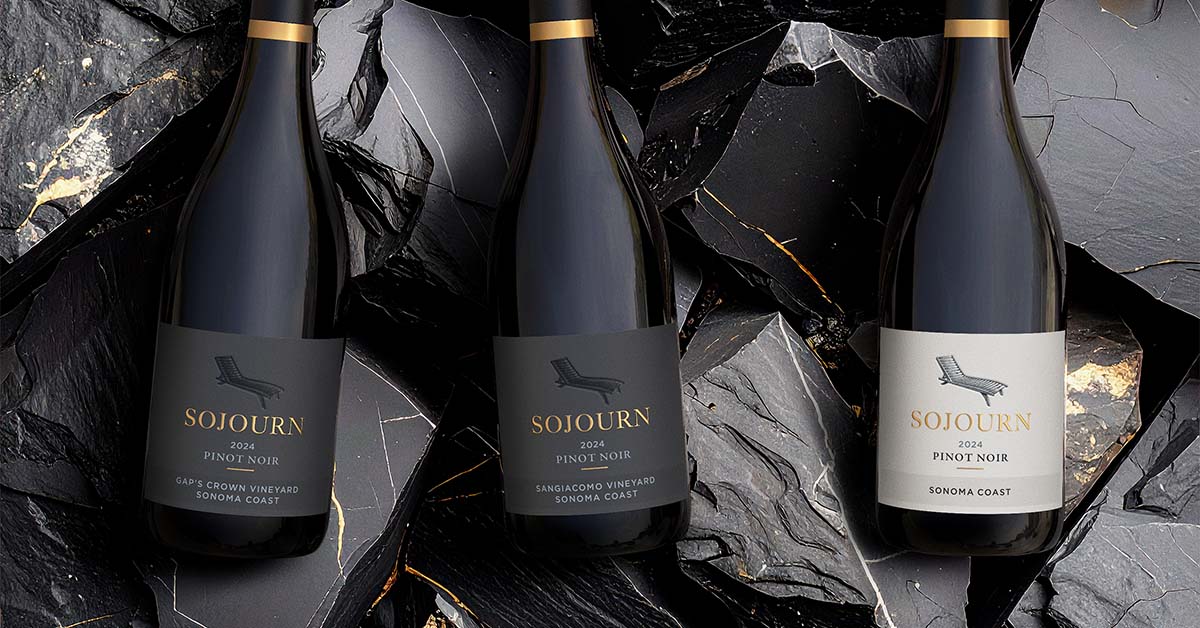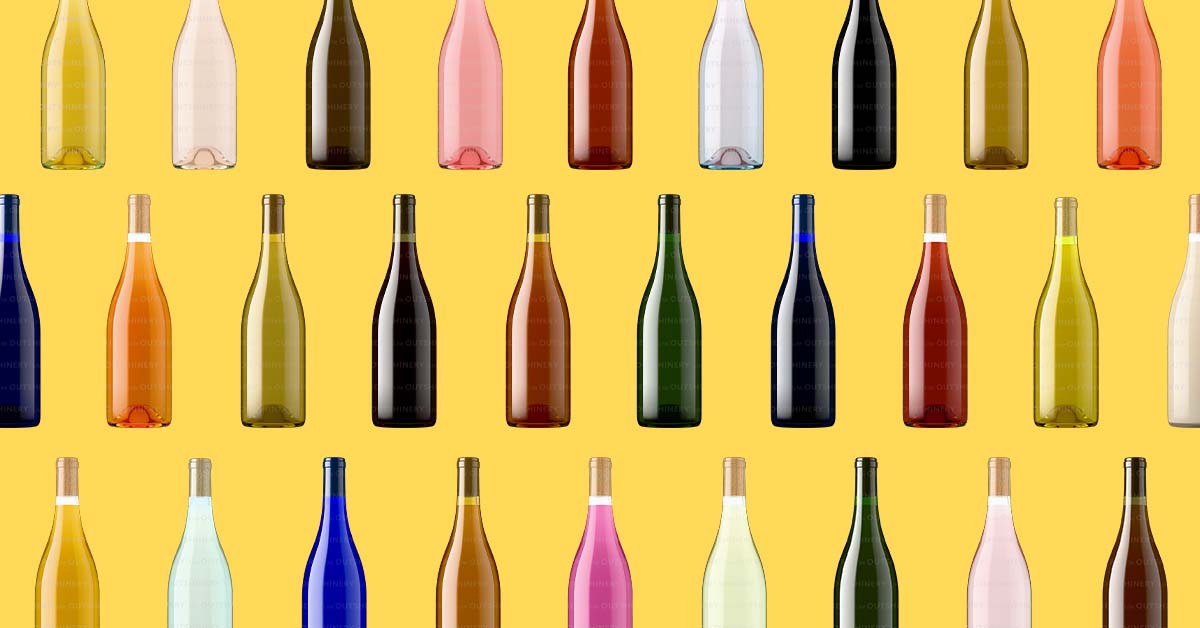Expanding horizons: Adding olive oil to your winery portfolio
Elevate your offerings with versatile additions

Adding olive oil to your winery portfolio is a natural extension of tradition, craftsmanship, and terroir. It perfectly complements the wine lifestyle while creating new revenue opportunities and enhancing customer engagement.
Why olive oil makes sense for wineries
Wine and olive oil share values of quality, heritage, and artisanal craftsmanship. Both products tell a story of terroir and tradition, making olive oil a seamless addition to your brand. Beyond that, olive oil aligns with the culinary culture of wine lovers, creating opportunities for pairing tastings and enriching customer experiences.
Summary
- Diversifies product offerings. Olive oil complements wines, appealing to a broader audience.
- Highlights shared values. Showcases quality, heritage, and artisanal craftsmanship between wine and olive oil.
- Enhances storytelling. Deepens brand identity by emphasizing terroir and tradition.
- Aligns with culinary preferences. Creates natural opportunities for product pairings enjoyed by wine enthusiasts.
- Boosts customer engagement. Offers curated experiences like pairing tastings and culinary events.
- Unlocks additional revenue streams. Adds a luxury product that resonates with wine consumers.

Key trends in olive oil for 2025 and beyond
The rise of premiumization
Premiumization continues to drive interest in artisanal, single-origin olive oils, as consumers increasingly seek quality and authenticity in their purchases. This trend allows wineries and producers to position olive oil as a high-end product, often highlighting characteristics like flavor profiles, regional origins, and traditional production methods to appeal to discerning buyers.
Sustainability as a priority
Sustainability is also becoming a central focus, with customers prioritizing eco-friendly farming practices, such as organic cultivation and water-efficient methods, as well as sustainable packaging solutions like glass bottles or biodegradable materials. As environmental awareness grows, brands that emphasize their commitment to sustainability can gain a competitive edge.
Experiential offerings for deeper connections
Additionally, experiential offerings are gaining traction. Activities like olive oil and wine tastings, cooking workshops, or farm tours not only elevate customer engagement but also create memorable experiences that deepen the connection between consumers and the brand. By offering these interactive and educational elements, producers can showcase the unique qualities of their products while fostering loyalty among their audience.

How to get started
Source or produce high-quality olive oil
To begin, source or produce high-quality olive oil that reflects your winery’s commitment to excellence, sustainability, and craftsmanship. Whether you partner with trusted local producers or invest in creating your own olive oil, ensure it aligns with the same standards your customers expect from your wines.
Choose brand-aligned packaging
Next, choose brand-aligned packaging that tells a story—incorporate details like the olive varietals, terroir, harvesting process, and tasting notes to create a connection with your audience.
Educate your customers
Focus on educating your customers by introducing olive oil tastings alongside wine, offering pairing guides that showcase complementary flavors, and hosting special events to highlight its versatility.
Maximize sales opportunities
Maximize sales by making your olive oil available in your tasting rooms, online stores, and as part of curated gift sets that can appeal to both wine and food enthusiasts.
Opportunities for growth
To stand out, explore releasing seasonal or limited-edition olive oils that tie into your winery’s story or celebrate local harvests.
Collaborate with local partners
Collaborate with local chefs, artisans, or food brands to create co-branded products that add a unique, exclusive touch to your offerings.
Enhance your digital presence
Strengthen your digital presence with high-quality product photography paired with content that highlights recipes, food pairings, and behind-the-scenes glimpses into the production process. Showcasing stunning visuals will help customers see your olive oil as an essential part of the winery’s lifestyle appeal.
Engage customers and build your brand with olive oil
Connect with your audience online by sharing videos, tips, and stories on social media, or hosting webinars and virtual tastings. By integrating olive oil into your brand’s identity, you can expand your offerings, engage customers beyond your physical location, and foster stronger loyalty.

Conclusion
Adding olive oil to your winery portfolio is more than diversification—it’s about enhancing your brand’s identity and creating deeper connections with your customers. With its shared craftsmanship and terroir values, olive oil offers an exciting way to boost revenue and customer engagement.
Frequently Asked Questions (FAQ)
Why should a winery consider adding olive oil to its offerings?
Olive oil complements the wine lifestyle, enhances the brand's artisanal appeal, and provides an additional revenue stream. It also aligns with values of craftsmanship, sustainability, and terroir-driven products.
How can wineries integrate olive oil into their existing business?
Wineries can host olive oil and wine pairing tastings, sell olive oil in their tasting rooms or online stores, and bundle it with wines in gift sets or seasonal promotions.Is producing olive oil a sustainable option for wineries?
Yes, especially if the winery uses sustainable farming practices or partners with local olive growers who prioritize eco-friendly production. Upcycled or zero-waste packaging can further enhance sustainability.
Do wineries need to produce their own olive oil, or can they source it?
Both options are viable. Wineries can either produce their own olive oil to control quality and storytelling or partner with reputable producers to offer a co-branded product.
How can wineries educate customers about olive oil?
By incorporating olive oil education into tastings, providing pairing guides, and sharing recipes that use the olive oil. Offering workshops or cooking classes can further engage customers.
What trends are shaping the olive oil industry in 2025 and beyond?
Key trends include premiumization, sustainable practices, zero-waste production, and olive oils inspired by global culinary traditions. These align well with evolving consumer preferences.










































